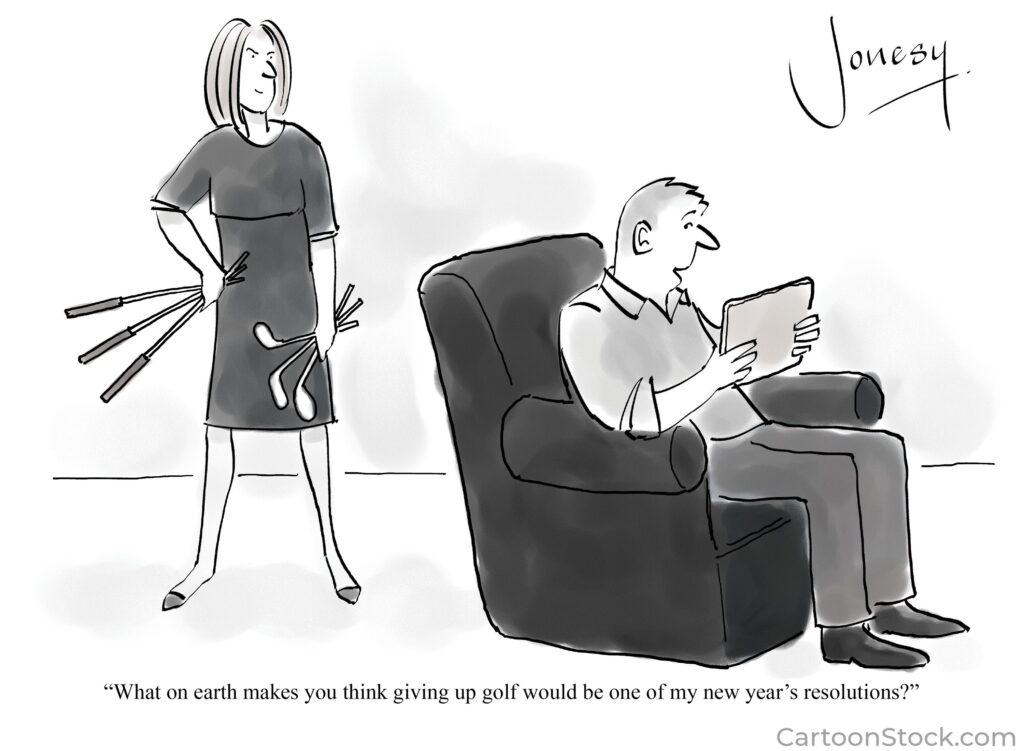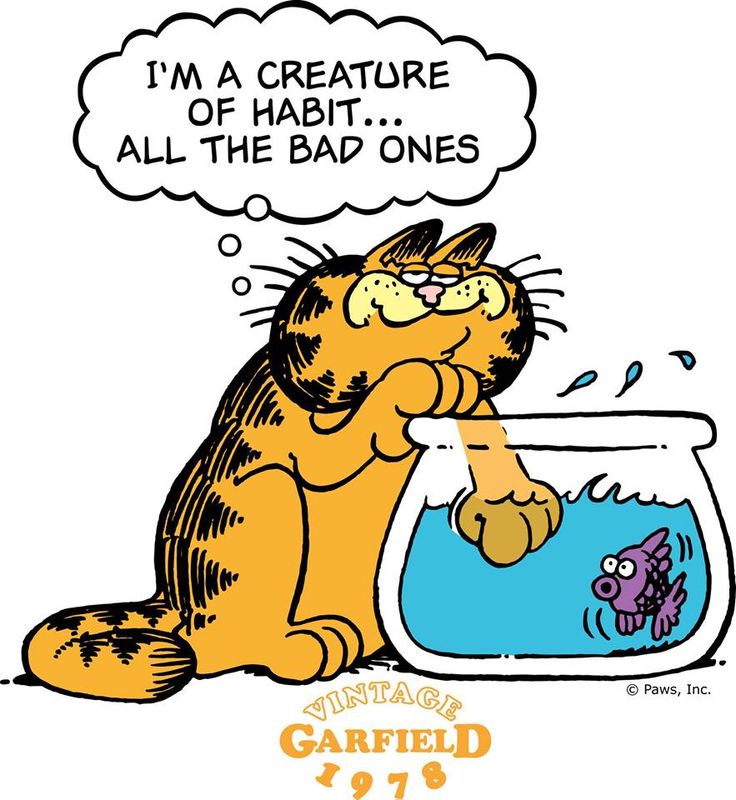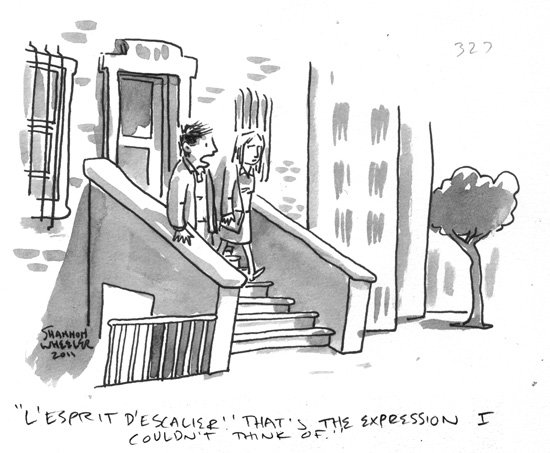
Years ago, I attended a meeting in which my boss asked several of us our opinion about an impending decision he needed to make. Robust dialogue ensued. But we later discovered that he had already made the decision before asking for our input. We felt used and manipulated.
The French have a term for that—fait accompli—a thing that has already happened or been decided before those affected hear about it, leaving them with no option but to accept it; a thing accomplished and presumably irreversible.
Fait accompli is deceptive and discourteous; it’s a form of lying.
Let’s consider it from two perspectives.
Don’t do it to others.
-
-
- Don’t ask your family where they want to go on vacation if you’ve already solidified a trip.
- As a leader, If you’ve already made a decision, just announce it. Don’t waste people’s time by asking them to think or talk about it. If you’re 90% sure that you’re going to make a particular decision but want to get some last-minute input, be upfront about your leanings, but don’t ask for input if your mind is made up.
-
Beware of when you’re being manipulated by it.
-
-
- If you suspect that you’re being manipulated in this way, call it out: “Is this decision already made?”
- If you know for sure that a decision has already been made, don’t waste your brain cells thinking about it.
-
The term “fait accompli” can also refer to what has been done and cannot be changed. Synonyms would include: done deal, completed act, “it is what it is.” If this is the case, just accept reality and move on.
For instance:
John – “I can’t believe our boss is requiring us to work the next two weekends.”
Jane – “Well, there’s no point in continuing to talk about it, it’s fait accompli. Let’s just make the best of it.”
Learn to spot fait accompli and carefully respond to it.



 into position, allowing the arch to bear weight. Although a masonry arch or vault cannot be self-supporting until the keystone is placed, the keystone experiences the least stress of any of the stones due to its position at the apex.
into position, allowing the arch to bear weight. Although a masonry arch or vault cannot be self-supporting until the keystone is placed, the keystone experiences the least stress of any of the stones due to its position at the apex.